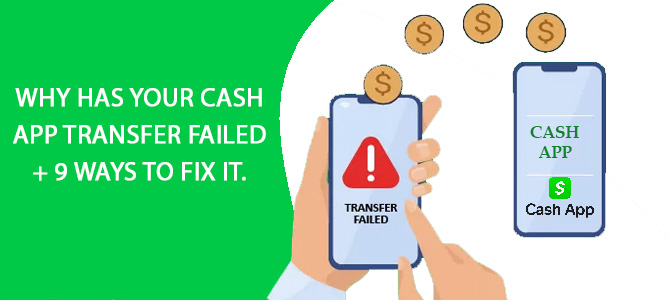Life is unpredictable, and so are emergencies. An emergency can strike us when we least expect it. If there is anything that Covid-19 continues to teach us, it is that we need to be prepared for our rainy days, both physically and financially. One vital way to do this is by building an emergency fund.
What is an emergency fund?
An emergency fund helps you face a medical contingency, financial crisis in business, sudden loss of job, or any other unforeseen calamity, without relying on outside resources.
It is the first step towards a sensible financial future that ensures your lifestyle does not get affected during tough times and you remain afloat without having to resort to additional debt.
How big should your emergency fund be?
You need to decide the size of your fund based on several factors like the number of dependents you have, your income, existing debts, lifestyle, and so on. The general thumb rule is that at any given point in time, you should have enough funds to support your living expenses for at least a span of three to six months.
Steps to build up your emergency fund
Taking out lakhs of rupees from your savings may seem like a Herculean task. Still, if you prudently plan your financial goals and prioritize building up an emergency fund, you will be able to reach your goal and set aside a decent sum to guard you during a financial crisis.
1. Set a monthly goal-
Once you have ruled out how much emergency fund you need to build upon, you can start working upon setting aside small palatable deposits every month. This would make your task less daunting and more achievable.
2. Use a separate account-
Always keep a different account for your emergency funds so that they do not get mixed with your other expenses every month. One of the best ways to create an emergency fund, and earn decent returns on them, is to open a fixed deposit for the amount you wish to save. Alternatively, you can even park your funds in short-term or ultra-short-term mutual funds.
3. Pay your future self first-
Just like paying off other expenses, make sure every month a certain portion gets transferred to your emergency fund account the way you meet other fixed costs every month. Putting an auto-pay option can be a good option.
4. Cut down on your expenses-
Prioritizing your expenses and cutting down on unwanted ones would enable you to reach your goal at a much faster rate. This does not mean turning cold turkey, but you can spend on recreations smartly and sensibly like eating out twice a month instead of every week, watching movies at home, and so on.
5. Reallocate lumpsum receivables-
We all get bonuses or cash advances in the form of gifts once in a while. Adding these windfall gains to your emergency funds will let you fast-track your goals.
Final take
There are various ways to smartly and sensibly build your emergency funds, one being a fixed deposit. However, before opening an FD account, check for the best FD rates and then park your funds so that you earn the maximum on them.





